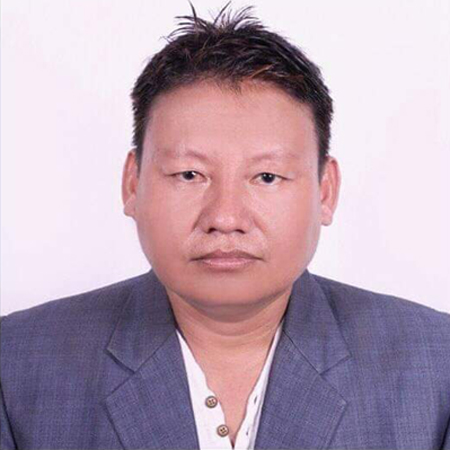Miscellaneous
Shedding veils to shed tradition
A group of women from the Dalit community in Jahadi settlement of Siraha are spearheading a cultural revolution against the patriarchal tradition known as ‘Ghumto Pratha’, where married women are required to veil their faces before other men.
Bharat Jarghamagar
A group of women from the Dalit community in Jahadi settlement of Siraha are spearheading a cultural revolution against the patriarchal tradition known as ‘Ghumto Pratha’, where married women are required to veil their faces before other men.
The tradition, though still followed in many parts of Tarai, is being challenged by the women of Jahadi, as more and more of them are unveiling themselves.
It all started from a women’s savings group, which was formed just two years ago to help one another out financially in times of needs. Today, the members of Jagaran Mahila Bachat Samuha do more than hold regular group meetings. The financial independence they gained through the savings group has bolstered them to raise their voices and take steps to improve their positions within their community.
Ramrati Ram, one of the group members, said Ghumto for them symbolised “confinement created against women”.
“We wanted to reform the system. We did not wish to remain hidden under Ghumtos and live as secondary creatures anymore,” said Ramrati, who is also a former lawmaker.
Jahadi is just a few kilometres away from Lahan, the district headquarters of Siraha, with 45 households of Chamar, one of many Dalit groups. Almost all women in the settlement are illiterate while the number of men with college education is also dismally low.
Deputy Mayor of Lahan Municipality Sariyar Kumari Chaudhary, who reached the settlement recently to observe one of the meetings of the women recently, was pleased beyond words when she witnessed the courage and activism of the group.
She had not expected such campaign would start from a nondescript settlement of Dalit community, and that too led by women who can barely read and write.
“Ghumto Pratha is one of the hindrances for women empowerment that is still practiced in many places. The women of Jahadi are doing a commendable job. I urge all women to unite and fight against all forms of discriminatory traditions,” said Chaudhary.
According to civil society leader Raj Kumar Raut Kurmi, women from the Maithali, Bhojpuri and Awadi communities in the Tarai are still practicing Ghumto system. He said illiteracy was the main reason why the antiquated tradition was still being followed.
It is estimated that 70 per cent of women living in inner parts of the Tarai still wear Ghumtos when appearing before other men.
“We have to preserve our culture, but we should also be able to reform and get rid of the malpractices that we have been following as part of the same culture,” said Ram Rijhan Yadav of International Maithili Council.
Dukhani Ram, chairperson of the savings group, said she found her voice when she shed her veil.
“I was able to speak my mind. The group has been a great support for us all. I
rarely uttered a word in my house before, but now I can freely speak up before an assembly,” she said.




 9.89°C Kathmandu
9.89°C Kathmandu










